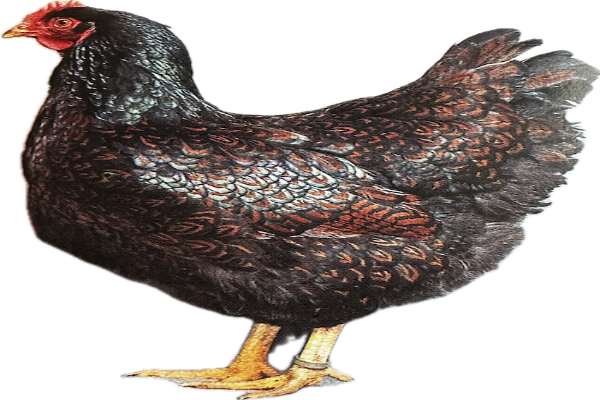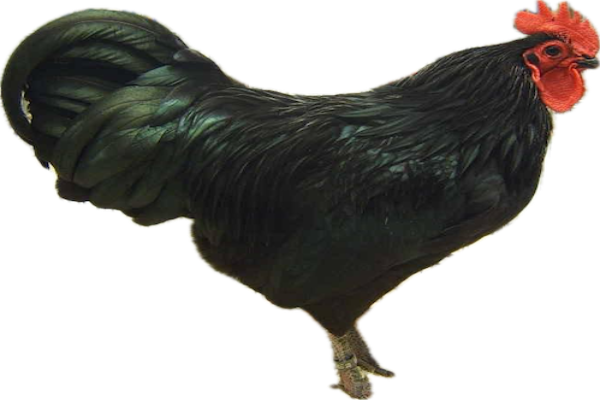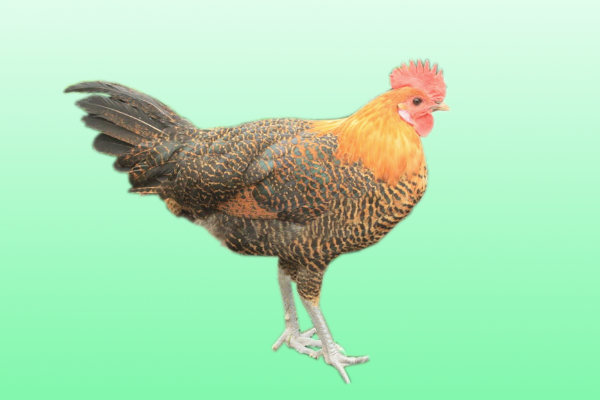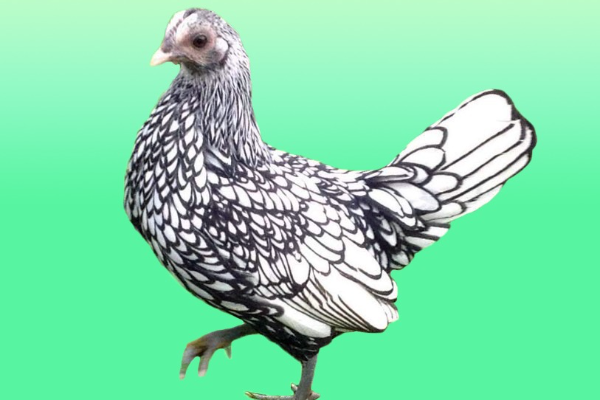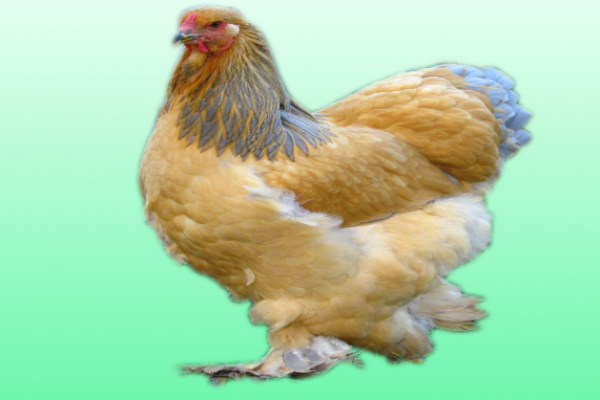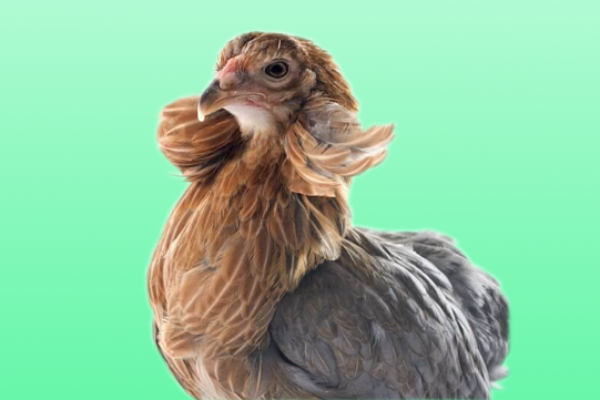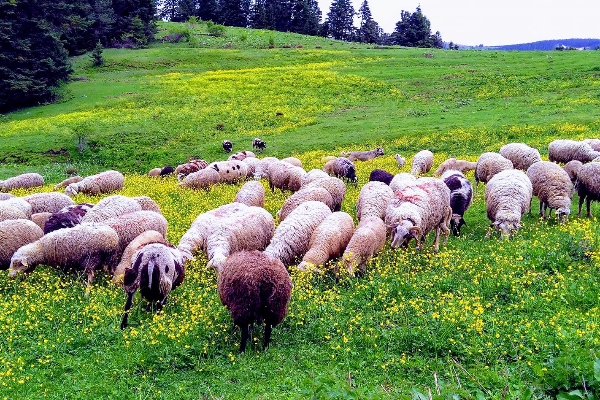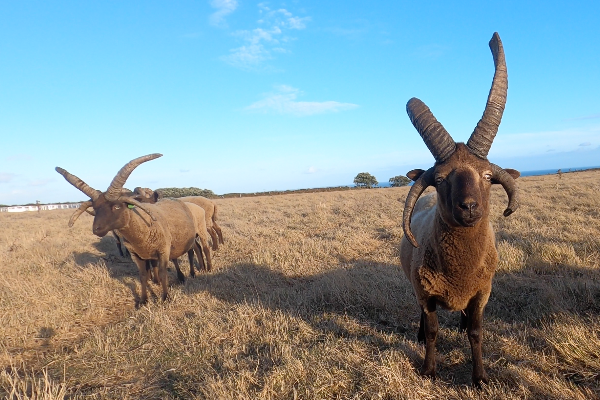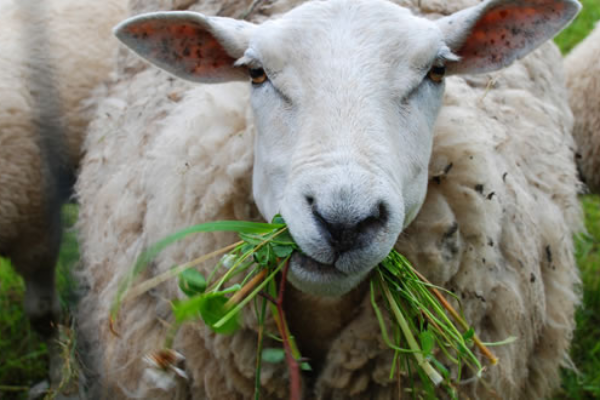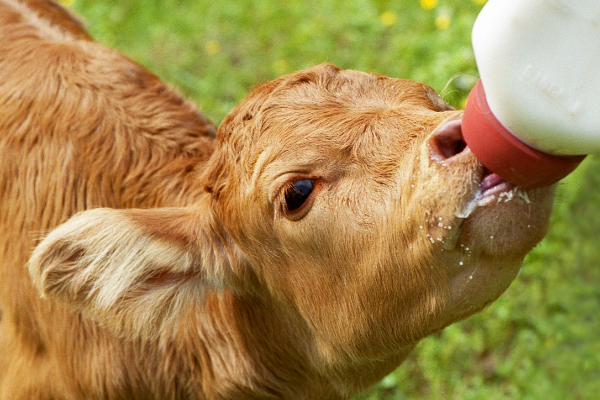Botulism

CAUSE
•Occurs when potent toxins are produced by the bacterium Clostridium botulinum.
• Most cases occur in the pastoral areas in association with phosphorus deficiency as stock chew old bones trying to get phosphorus.
SYMPTOMS
• Early signs are uncoordination, loss of appetite, excessive salivation, mild excitability and nervous twitching and jaw champing.
• As the disease progresses, sheep become dull, respiration becomes laboured and flaccid paralysis of limbs sets in.
• Affected sheep will go down and die quietly, generally within 2-3 days of initial signs.
DIAGNOSIS
• Based on flock history and clinical signs.
TREATMENT
• About 50% of sheep recover without treatment.
• Food and water should be provided while the toxin runs its course.
• All ‘at risk’ sheep should be vaccinated to prevent further cases.
PREVENTION
• Two doses of botulism vaccine one year apart provides life long prevention.
• Vaccination is only recommended on properties where phosphorus deficiency or botulism are known to be a problem.

Written by
H Cetin KATIRCI
Online ShepherdBreedsMore
IllnessesMore
Forage cropsMore
![]() Патологическая физиология голодания Arina TARAN
Патологическая физиология голодания Arina TARAN![]() Дефицит фосфора (гипофосфатемия) Hipofosfatemi Arina TARAN
Дефицит фосфора (гипофосфатемия) Hipofosfatemi Arina TARAN![]() Какие бывают кормораздатчики для ферм КРС? Irina Makarova
Какие бывают кормораздатчики для ферм КРС? Irina Makarova![]() Кормушки для овец Diana Myakisheva
Кормушки для овец Diana Myakisheva![]() Питание домашних коз: что едят, виды корма и правила кормления Alina Arslantürk
Питание домашних коз: что едят, виды корма и правила кормления Alina Arslantürk![]() Важность минералов питании сельскохозяйственных животных Irina Makarova
Важность минералов питании сельскохозяйственных животных Irina Makarova

